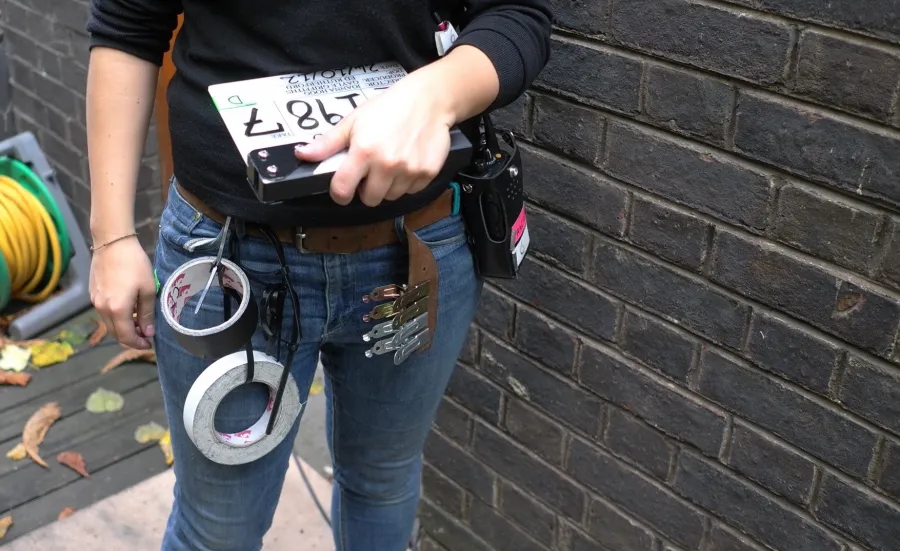Southampton researchers Dr Shelley Cobb and Dr Natalie Wreyford, together with Professor Linda Ruth Williams from the University of Exeter collected data about the number of women in involved in British film. Their research found that women were vastly under-represented across key production roles during the period looked at. Since sharing these findings, the British Film Institute (BFI) has committed to 50:50 gender targets for all the films they fund.
The research
The project, 'Calling the Shots: Women and Contemporary Film Culture in the UK’ was a four-year project funded by the Arts and Humanities Research Council. Project partners included the BFI, the media and entertainment union, BECTU, Women in Film and Television UK, and the Shetland Film Festival.
The research team analysed British films made between the years 2000 and 2015. For each film, they recorded the number of women in six key ‘behind the scenes’ roles:
- director
- writer
- cinematographer
- editor
- producer
- executive producer.
The team also interviewed 50 women in key filmmaking roles. Interviewees included directors Amma Asante (Belle), Gurinder Chadha (Bend It Like Beckham), and producer Sarah Curtis (Mrs Brown; Run, Fatboy, Run; The Awakening).
Key findings
The team found that:
- fourteen per cent of directors and seven per cent of cinematographers were women across 3,452 UK films in production between 2003 and 2015.
- just one per cent of all directors and 0.3 per cent of cinematographers were women of colour.
- overall inclusion of women in UK films is worse than in the top 250 films released in the USA.
- women make up 24 per cent of directors on co-productions with other countries, but just 11 per cent on domestic UK films.
- a quarter of the 203 British films in production in 2015 had no women in any of the six key production roles (director, writer, producer, executive producer, cinematographer, and editor)
Communicating the research
Another important aspect of the project was opening the research findings up to public discussion. Members of the team have:
- spoken at the Institute of Contemporary Arts, the British Film Institute (BFI), on BBC Radio 4 Woman’s Hour and at various UK universities.
- presented their latest data at the 71st Cannes Film Festival
- organised the Women’s Film and Television History Network fourth biennial conference, which they hosted in Southampton
- made their research available at the Calling the shots website.
- created an archive of the interviews with film industry personnel and related institutions, and the public.
Shelley hopes the impacts of their research will be even more widespread: “Sharing our data, which is also supported by other findings from organisations such as Directors UK, means that institutions are at least having to respond. So my hope is that in the near future we will start to see a long-overdue shift towards better gender equality in our film industry.”





